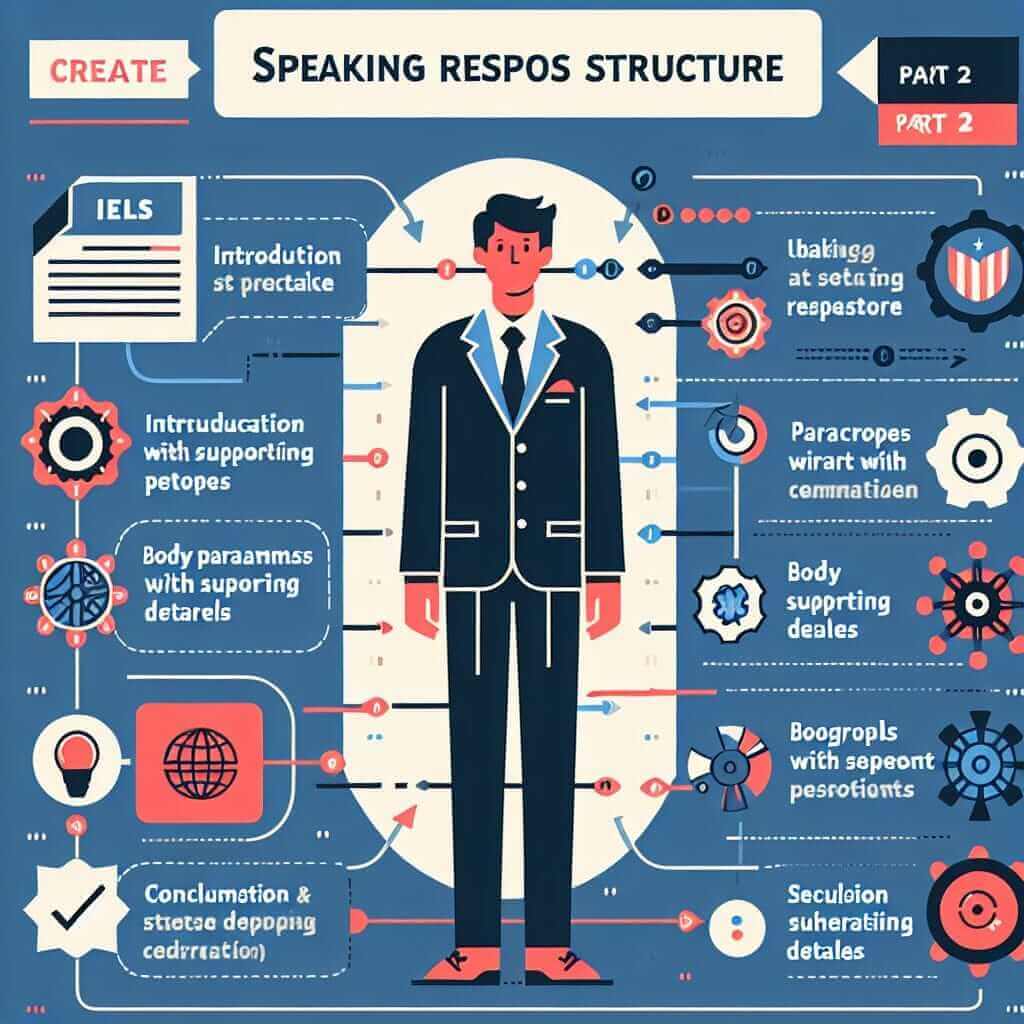The Importance of Fluency and Cohesion in IELTS Speaking Part 2
In the IELTS Speaking test, Part 2 often feels like the main event. You’re given a topic card, one minute to prepare, and then expected to speak for 1-2 minutes. A common question that arises is, “How many words do I need for IELTS Speaking Part 2?”. While word count matters in other sections of the IELTS, focusing on it here can be counterproductive.
This section isn’t about hitting a magic word count; it’s about demonstrating your fluency, coherence, and ability to speak at length on a given topic. As an IELTS instructor with over 20 years of experience, I’m here to tell you that obsessing over word count can actually hinder your performance. Instead, let’s focus on what truly matters.
Going Beyond Word Count: What the Examiner Looks For
Instead of counting words, consider these key aspects:
1. Understanding the Task:
Carefully read the topic card. Identify the keywords and understand what the examiner is asking you to do. Are you describing a person, place, event, or object? What specific details do you need to include?
2. Planning Your Response:
Use the one-minute preparation time wisely. Jot down keywords, ideas, and a rough structure for your response. This will help you stay on track and maintain coherence.
3. Speaking Fluently and Naturally:
Speak at a natural pace, avoiding long pauses or hesitations. Aim for smooth transitions between ideas and sentences.
4. Using a Range of Vocabulary and Grammar:
This is your chance to showcase your language skills. Use a variety of vocabulary related to the topic and demonstrate your grasp of complex grammatical structures. However, prioritize clarity over complexity.
5. Structuring Your Response:
Organize your thoughts logically. You can use a simple structure like:
- Introduction: Briefly introduce the topic and state your main point.
- Body: Develop your ideas with supporting details and examples.
- Conclusion: Summarize your points and provide a concluding statement.

Example from a Real IELTS Speaking Test
Let’s say you receive a topic card asking you to describe a memorable childhood event. Here’s how you might approach it:
- Topic: Describe a memorable event from your childhood.
- Keywords: Memorable, event, childhood
- Structure:
- Introduce the event and why it was memorable.
- Describe the event in detail, including sensory details.
- Explain why this event remains memorable for you.
Tips for Success in IELTS Speaking Part 2
- Practice Regularly: Speak on a variety of topics for 1-2 minutes at a time. Record yourself and analyze your performance.
- Don’t Memorize: Memorized responses sound unnatural and are easily spotted by examiners. Focus on developing your ability to speak spontaneously.
- Expand Your Vocabulary: Read widely and note down new words and phrases related to common IELTS topics.
- Seek Feedback: Practice speaking with a teacher or language partner who can provide constructive criticism.
Conclusion
Remember, the key to success in IELTS Speaking Part 2 isn’t about counting words but about demonstrating your ability to communicate effectively. By focusing on fluency, coherence, and the use of a wide range of language, you can deliver a strong and impressive performance. Forget about the word count and concentrate on conveying your ideas in a clear, engaging, and well-structured manner.